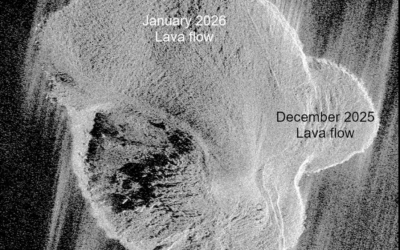The workshop served as a platform for sharing knowledge and fostering collaboration among researchers from various institutions. Dr. Bevanda and Schwalb-Willmann showcased the capabilities of our Earth Observation Research Centre (EORC), highlighting the work already accomplished in the fields of remote sensing and Unmanned Aerial Systems (UAS) analysis.
Our researchers presented techniques in remote sensing that allow for the monitoring of Arctic ecosystems. EO applications play a crucial role in understanding changes in land cover, vegetation health, and the impacts of climate change on these fragile environments. Moreover, the application of UAS allows data collection on a much higher spatial resolution than space-borne remote sensing. Dr. Bevanda and Schwalb-Willmann discussed how UAS can provide valuable data, enabling researchers to conduct detailed assessments of Arctic habitats that were previously difficult to access. The workshop emphasised the importance of collaboration in Arctic research. By sharing insights and methodologies, participants aimed to develop a more comprehensive understanding of the ecological dynamics at play in this rapidly changing region.
The participation of Dr. Mirjana Bevanda and Jakob Schwalb-Willmann as well as some of our EAGLE M.Sc. students in this workshop underscores our commitment to advancing research in Arctic ecology and Earth Observation.
For those interested in learning more about our ongoing projects and the impact of technology on ecological research, we invite you to stay tuned for updates from our team at EORC.









